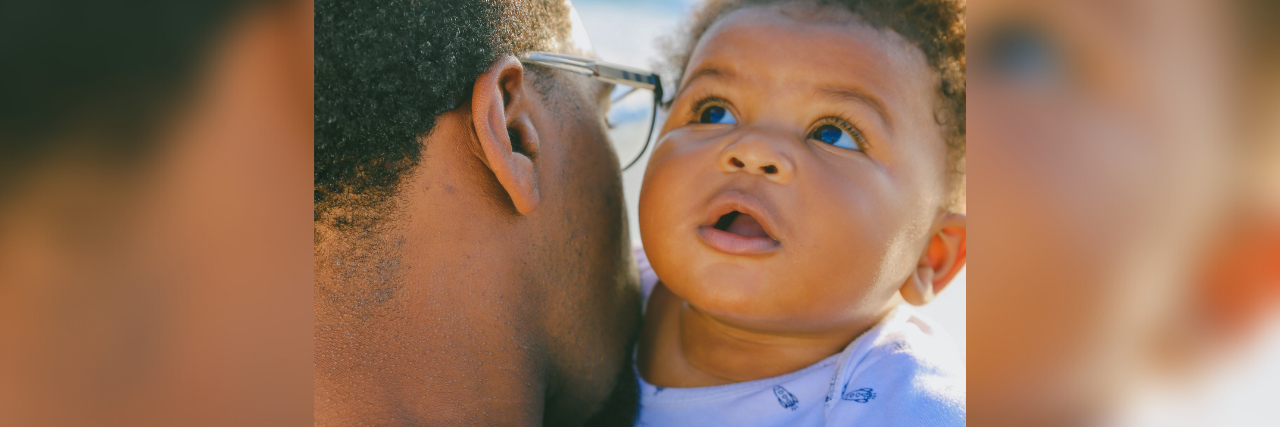Black History Month: Reflections on Black Trauma and My Biracial Trans Identity
This year, celebrating Black History Month is different for me. It is a month that still brings about many different emotions ranging from pride and joy to pain, grief and frustration. But, as I have become a dad to an amazing daughter, I have been forced to confront the pain, barriers, ideas, beliefs and experiences I carry within my own self on being Black and biracial.
Growing up in the ’80s and ’90s in a small suburban town, my family was one of two I knew with a white dad and a Black mom. My dad was estranged from his family due to marrying my mom, and we experienced implicit and explicit racism throughout our other family, school and the community. The impact of racism permeated our house and relationships yet was something never openly talked about. This mixed with experiences during Black History Month and beyond; being in classrooms with teachers reading the same stories every February and not being given space to participate or contribute to activities during Black History Month in the way that I desired because of accessibility or other aspects of my identity, including my multiple disabilities, being biracial, being transgender and my sexuality.
So, I found myself, alone, often in an isolated space that felt safe celebrating my Blackness and my Black heritage through creating art that helped express the feelings of joy, pain and inner conflict I often carried. In those creative expressive moments, I forgot about the messages I came to believe were true that made me feel that my parents made a mistake, that I was a mistake and a reminder of painful experiences, that I was less than, that I didn’t have a right to claim my own identity and heritage, let alone celebrate it. Messages that were wrong but left a deep lasting impact. I was aware but didn’t know how to mend, heal and reclaim my own identity and heritage, especially when hoping not to unintentionally pass down the trauma and messages onto my daughter or have it impact the relationships in my own family.
Amid both the joy and the pain, my partner reminded me of the power of voice, representation, storytelling and the art of communicating. In those spaces, there is so much potential for connection, healing and empowerment for individuals, families and communities. The impact is exponential when the whole spectrum of Black identity across all our different intersecting identities and experiences is authentically represented, including Black joy, excellence, history, community, creativity and healing.
I think about what it meant and means to me, my partner, my family, my community and to my daughter as she grows up to have this authentic representation that allows all of us to see ourselves in different ways across all our different identity intersections that make each of us who we are and that contribute to our collective narrative. I think about all the work of icons, leaders, innovators and all Black lives across generations, whose stories are known and unknown, and the impact each of them had in infinite ways. So, I continue to write, to create, to use my voice and to advocate for authentic representation.
I also continue to remind myself:
1. No aspect of my identity, including being transgender and being biracial, takes away from my Blackness or my Black heritage.
2. I have a right to celebrate my Blackness and my Black heritage during Black History Month and every other day of the year.
3. I am beautifully made.
4. Intergenerational trauma is real and valid.
5. Racial trauma is real and valid.
6. My Blackness is not something that makes me less, it is something that is celebrated.
7. My story, my voice and my life matters.
8. Authentic representation matters.
9. Healing is possible.
10. Caring for and loving my whole authentic self is possible.
Photo by Larry Crayton on Unsplash

